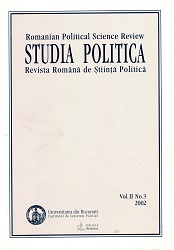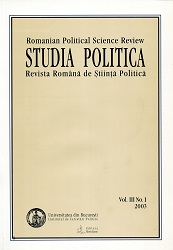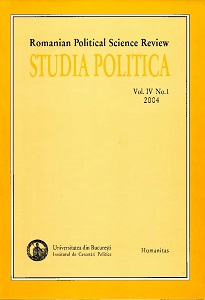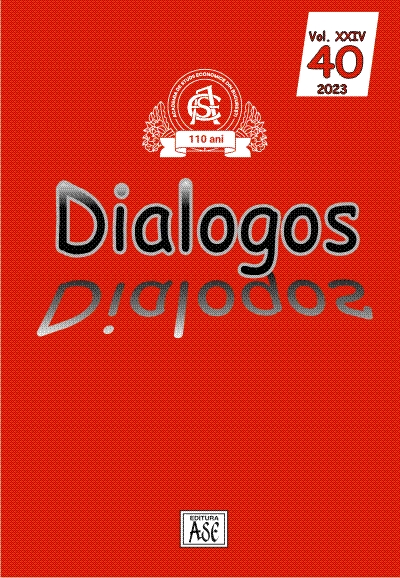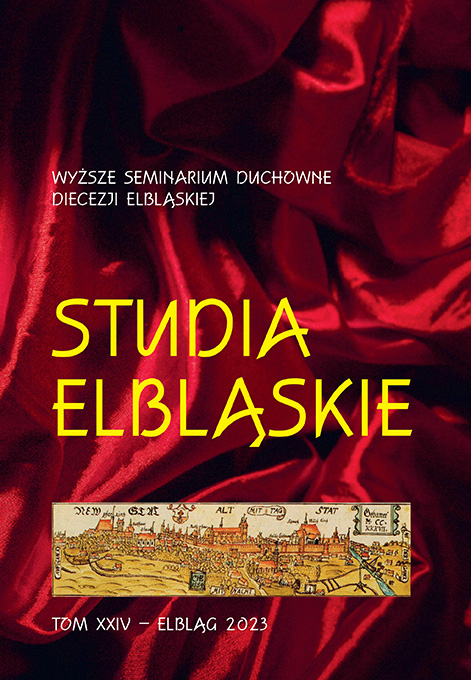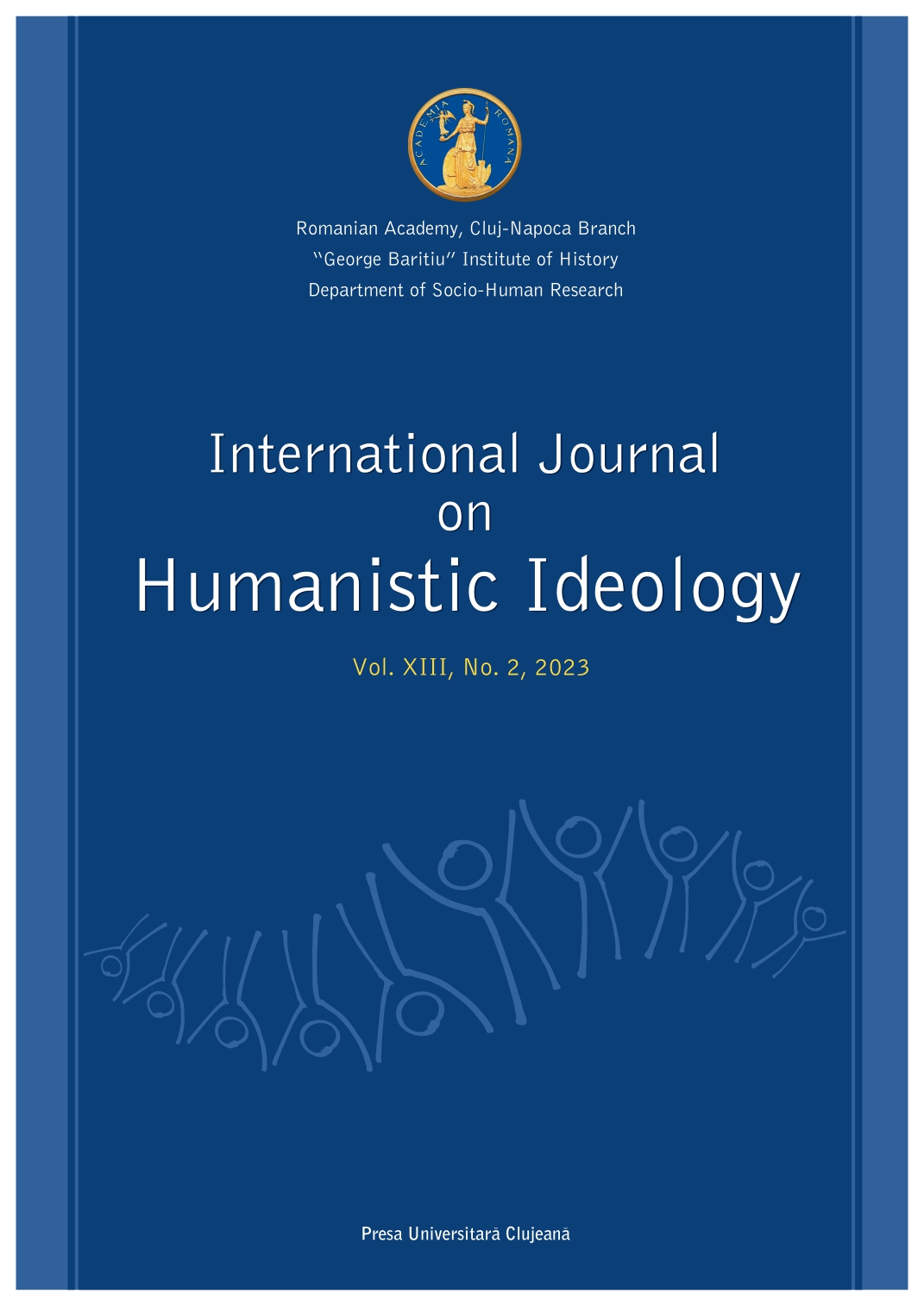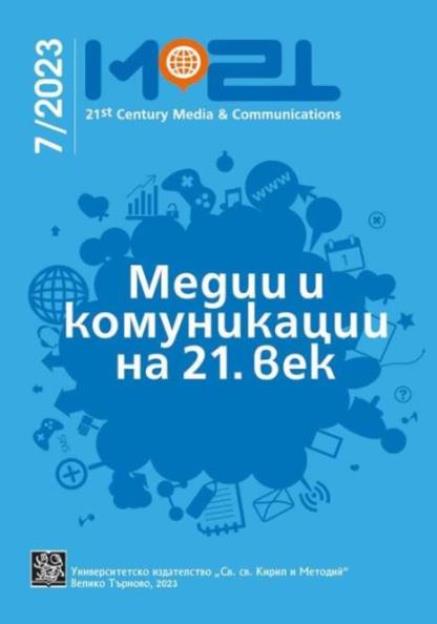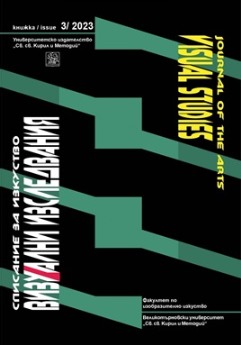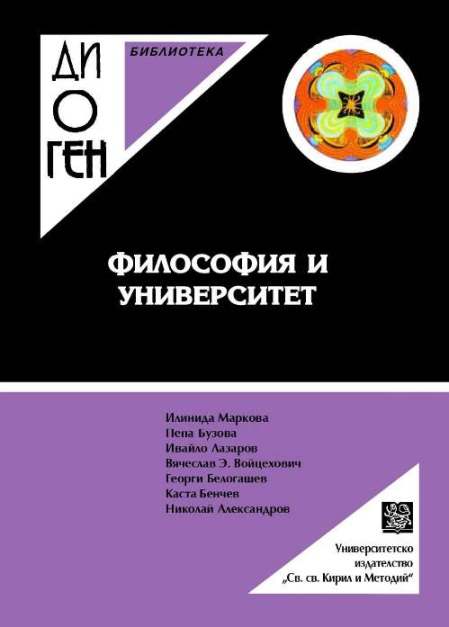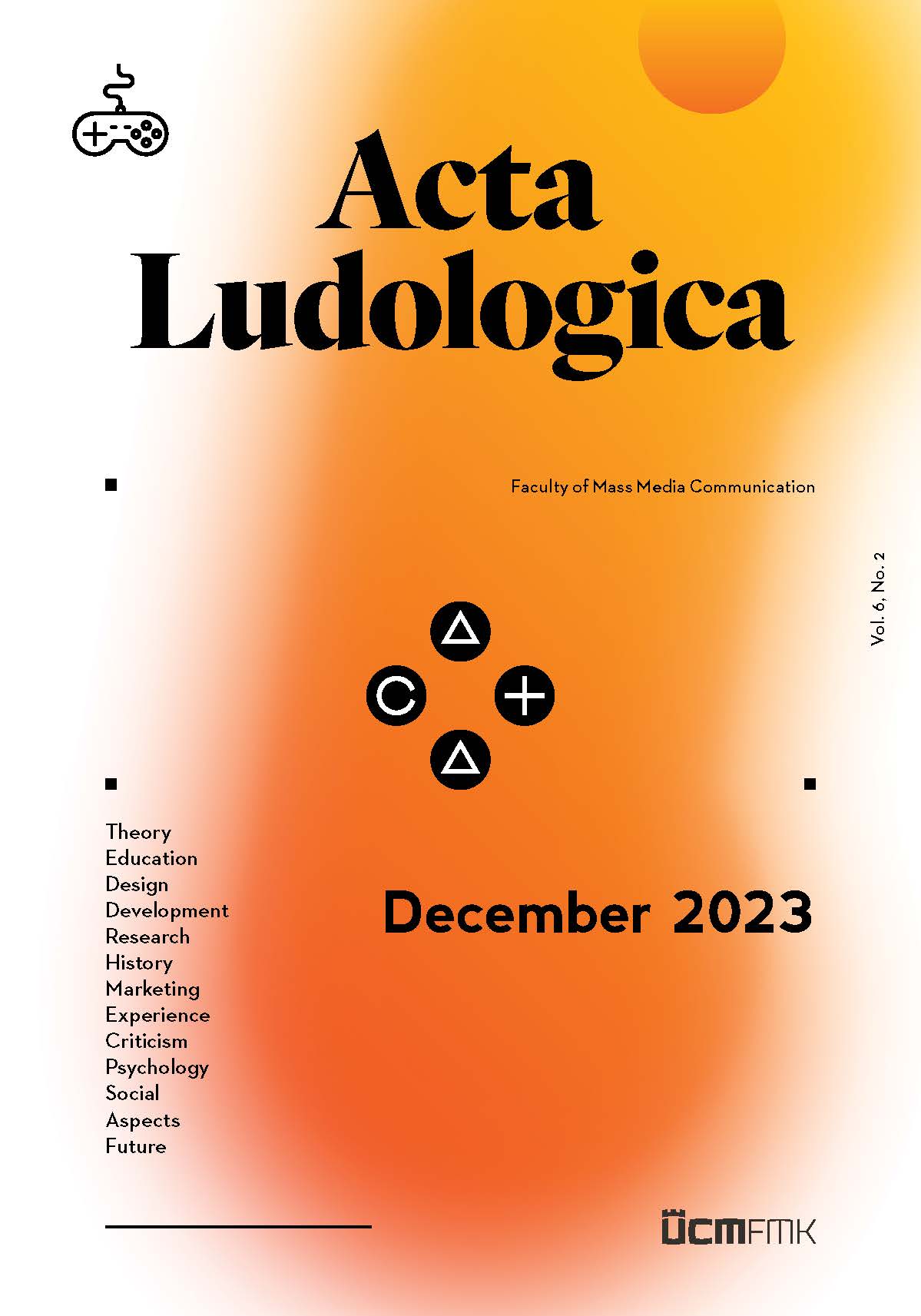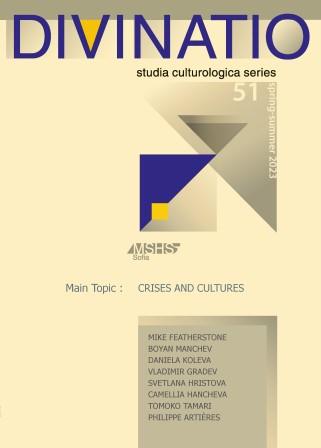Author(s): Ioana Micluția / Language(s): English
Issue: 2/2023
Dreams, nightmares, and other peculiar interferences of conscient states fascinated and still intrigue humankind. Besides the mystery and misbeliefs attached to these physiological phenomena, huge explanations were developed especially by psychoanalytic or philosophical theories, providing the interpretations of the content of the oneiric states. There is a tremendous corpus of scientific testing and explorations, which enables the adequate and subtle identification, diagnoses, and remedies of the variety of parasomnias. The multidisciplinary approach is coined as somnology and the oneiric are framed within the phases of sleep. Even if there are noticeable advances regarding the formal aspects of dreams, parasomnias, the content of oneiric states still relies on self-reports, if the remembrance is kept vivid and untainted. A clarification of the differences between nightmares and night terrors seems to be suitable. The nightmare is recognized as an independent
diagnosis by the DSM-5. To pick up a nightmarish sequence in filmography would
be too easy, choosing an opposite: the Morenian perspective of a surplus reality during a trance scene of the outlaw prostitute Cabiria while being subject of a
hypnosis show led by a charlatan, which feeds all desires, phantasms of love,
marriage, romance (Nights of Cabiria, F. Fellini, 1957). But the later reality
experience, that seems to reenact the former trance, turns into a living reality
nightmare. The final Fellinian escape from this scene is strange and surprising, but
not as the frightening awakening from a nightmare. Nevertheless, the oneiric
phenomena remain fascinating probably due to their partly unveiled mystery.
More...
